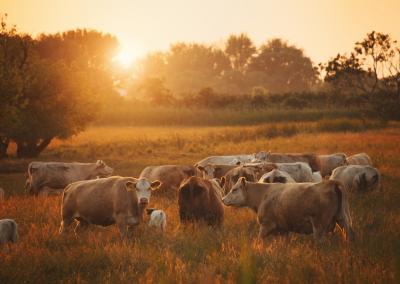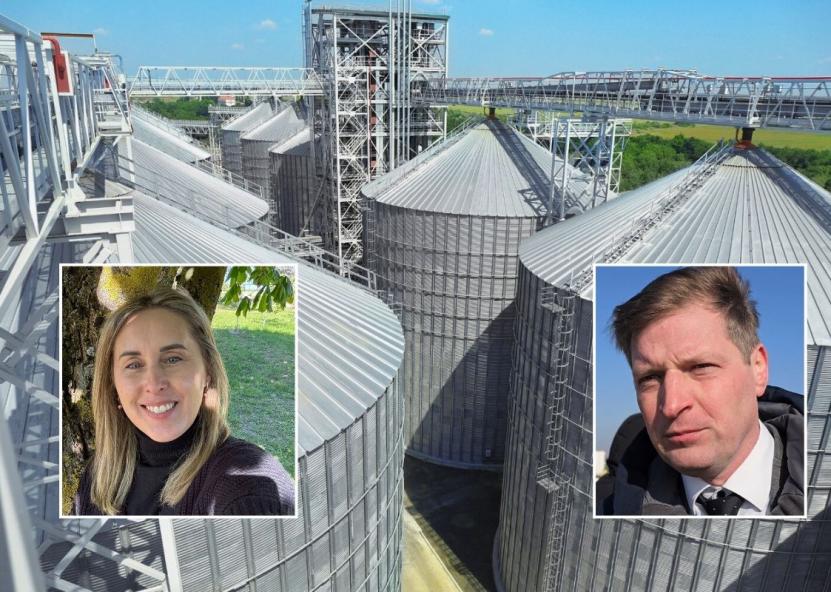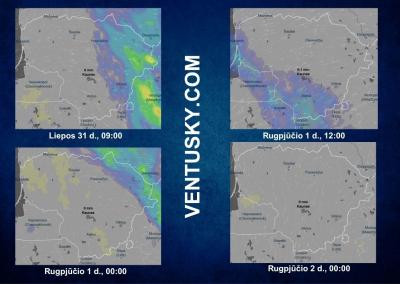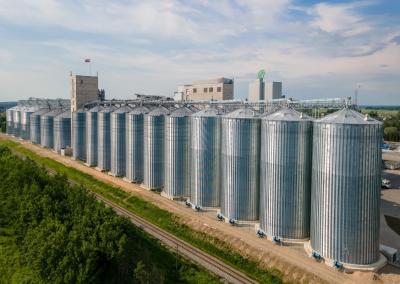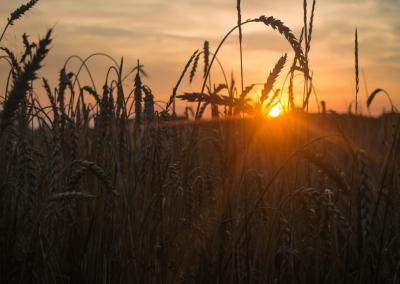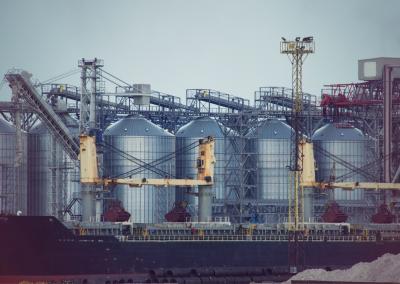K. Mažeika: Grain buyers are economic maestros
With rain pouring down outside, farmers rush to the fields at every opportunity. Unfortunately, when the wetter grain arrives at the elevators, it comes as a shock. I do not envy those farmers who do not have drying facilities, because the drying rates at the elevators are exorbitant. In my dryer, the cost is €2.5 and in the elevators it is €8. This is looting in broad daylight. Looting and profiteering from farmers, especially in situations like the present. It is an opportunity for the elevators to make money. Yes, everybody wants to make money, but it should be within the norm," Jolanta Grey, a farmer from Kaisiadori, boldly says.
Inflated prices
„Economic marauders – that's the only way to describe some grain buyers at the start of this year's harvest. I have been following the farmers' outrage on social networks and I fully agree with them – grain drying and cleaning rates in Lithuania are hard to explain logically“, – also Kęstutis Mažeika, a member of the Seimas, expressed his indignation on his social account.
The LGAA chairman says that grain drying prices spiked in 2022 when gas, diesel and electricity prices rose sharply. While energy prices have fallen, drying prices have remained the same. It is difficult to understand why this is happening," continues Vanag.
Cheaper in Latvia
„In neighbouring countries with the same electricity and gas prices, the same services cost several times less. This is not business. It is an exploitation of the crisis. Farmers have no choice – the buyers know this and are pushing to the limit“, – believes K. Mažeika.
The fact that neighbouring countries apply significantly or even twice as low tariffs is also confirmed by A. Vanagas: „In Latvia, Lithuanian capital companies apply twice as low tariffs for the first 4%, and above 4% they still do not reach the same level as in our country. The situation is similar in Poland and even in Germany“.
The LGAA President points out that the view outside the window and in the fields is very worrying – it is possible that virtually the entire harvest will have to be dried. Farmers may end up with low profitability, if not zero, after harvesting grain of poor quality, so if the cost of drying is added... If, for example, drying at 4-5% excess moisture is required, then one third of the price of the grain crop would have to be paid. This is absurd," Vanagas said.
(Un)possible state intervention
Kęstutis Mažeika, chairman of the Committee on Climate Affairs, wrote on his social media account that he has already contacted the Ministry of Agriculture, the Competition Council, the State Consumer Rights Protection Service and the Lithuanian Metrology Inspectorate. He promised to discuss them in the Seimas Committee on Rural Affairs once he receives the replies.
For his part, the Chairman of the LGAA also confirmed that the Ministry of Agriculture had been contacted on behalf of the Association, as several representatives of the Ministry are members of the Board of the state-owned company „Jonavos grūdai“.
„We want them to explain the current situation – why the rates are so high, especially when the state-owned company is supposed to be protecting the interest of farmers“, – says A. Vanagas.
„Moreover, the Ministry of Agriculture is the founder of the company. „Jonavos grūdai“ is a member of the Lithuanian Association of Grain Processors and Traders, together with all major Lithuanian grain buying companies. This raises a number of reasonable doubts“, – affirms the Chairman of the LGAA.











































